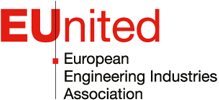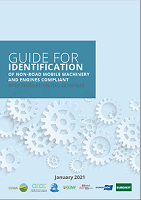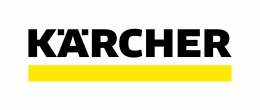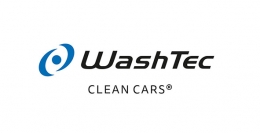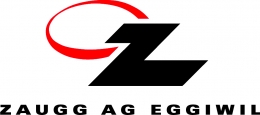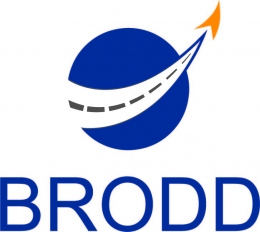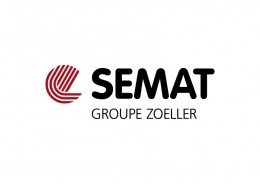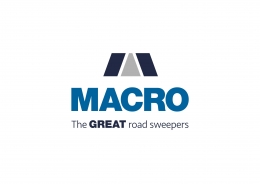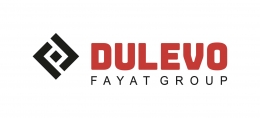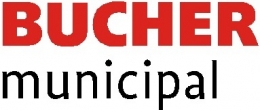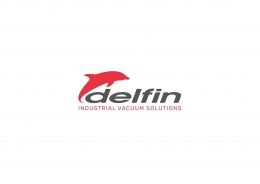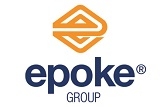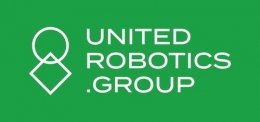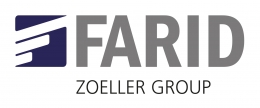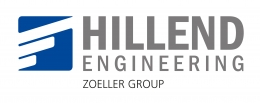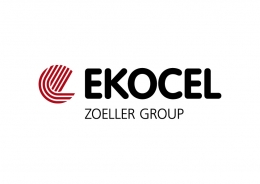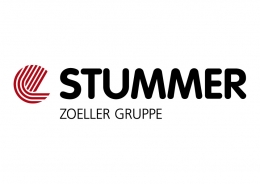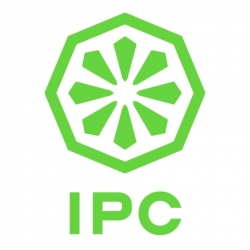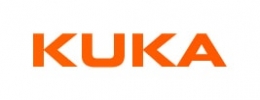
News
July 2017
Horizon 2020 interim evaluation reveals mixed picture
According to the European Commission's interim evaluation, the EU's research and innovation program (Horizon 2020) is an attractive and well performing program with an overall positive impact - rated by the number of applications received. Horizon 2020 has so far attracted more than 100,000 applications, representing a 65% increase in the annual number of applications compared to FP7.
As anticipated, the main beneficiaries of Horizon 2020 are higher education and research organisations, which together received 64.9% of the funding, the private sector receiving 27.7%, and public authorities and other types of organisations 7.3%. SMEs have received 23.9% of the budget for industrial and enabling technologies and societal challenges, far exceeding the legal target (20%). More than half (52%) of participants are newcomers. Participants come from over 130 countries. Those from EU-28 countries received 92.9% of the funding.
Robotics in Horizon 2020
While the public target of EUR 700 million for the robotics' contractual public-private partnership (cPPP) is on target, there were difficulties in calculating and proving the leverage effect of private side investments. An expert panel concluded that the approach of strategic partnerships (like the cPPPs) is of the utmost importance for Horizon 2020 to provide an environment which serves as a catalyst to ensure the competitiveness of the European stakeholders in the global market. However, the review of the implementation of the cPPPs has identified shortcomings, namely the lack of effective Key Performance Indicators (KPIs) and definition of how to calculate their progress. Also, the experts stressed that several PPPs can increase their effectiveness by defining and executing strategies for developing and extending skills.
The cPPPs on Robotics is clearly dominated by Higher Education and Research Organisations (66% of total EC contribution and 62% of participations - above average). On the other hand, the share of the overall robotics' budget received by SMEs is only as low as 10%. Results indicate that SMEs recognise the efforts made to simplify the application procedures but that further improvements are needed. The main barriers identified for their participation were: limited awareness of existing support schemes; difficulties in drafting convincing proposals; difficulties in creating international consortium; and limited financial access to complement EU funds.
Key strengths of the program as a whole:
- Horizon 2020’s objectives and rationale for intervention remain highly relevant and have been validated by, and are fully consistent with, recent EU and global priorities, such as the Sustainable Development Goals.
- Horizon 2020 is on track to be cost-efficient, achieving a low administrative overhead.
- In terms of effectiveness, through its focus on scientific, economic and societal impacts, Horizon 2020 is on track to contribute to the creation of jobs and growth and the achievement of the priorities of the Juncker Commission.
- Compared to FP7, Horizon 2020 is an internally more coherent program.
- Horizon 2020 has clear European added value in terms of speed, scale and scope and a strong additionality: 83% of funded projects would not have gone ahead without EU funding.
Key remaining challenges:
- Horizon 2020 suffers from underfunding, resulting in large-scale oversubscription, which constitutes an enormous waste of resources for applicants and of good proposals for Europe.
- Support needs to be substantially strengthened for breakthroughs in market-creating innovations.
- Need for greater outreach to civil society to better explain results, impacts, and the contribution that research and innovation can make to tackling societal challenges, and to involve them better in the program co-design and its implementation.
- Synergies between Horizon 2020 and other EU programs can be strengthened further.
- International cooperation needs to be intensified.
- Simplification is a continuing endeavour, which requires constantly identifying new candidate areas for improvements.
- More can be done in making the scientific publications and data openly accessible to the wider scientific community and public.
- A survey revealed dissatisfaction regarding aspects such as application procedures, proposal evaluation and selection and reporting procedures.
The Commission will use the results to improve the implementation of Horizon 2020 in its last Work Program 2018 – 2020, to provide input to the report of the High Level Expert Group on maximizing the impact of EU Research and Innovation programs, and to inform the design of future Framework Programs.
About Horizon 2020:
Horizon 2020 is the eighth EU Framework Program for research and innovation for the period 2014 – 2020 with a budget of nearly EUR 77 billion. Horizon 2020 was designed to drive economic growth and create jobs by coupling research and innovation with an emphasis on excellent science, industrial leadership and tackling societal challenges.
Quicklinks
EUnited AISBL- European Engineering Industries Association,
Industrious Brussels EU District, Avenue des Arts 6-9, 1210 Brussels, Belgium, +32 490 57 57 65
Transparency Register number: 0289344948-82
Industrious Brussels EU District, Avenue des Arts 6-9, 1210 Brussels, Belgium, +32 490 57 57 65
Transparency Register number: 0289344948-82
© 2025 Eunited aisbl, Bruxelles
